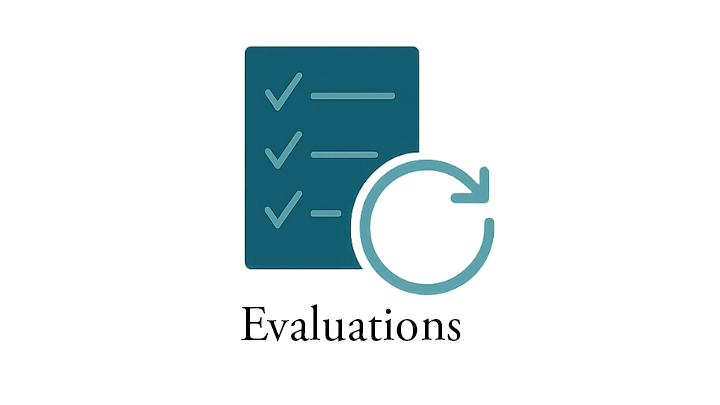
- Comprehensive Evaluations -
Overview
Comprehensive evaluations are the foundation of Dr. Granovetter’s practice, providing clear, evidence-based insight into a physician’s diagnostic status, functional capacity, and readiness for safe professional practice. Each evaluation integrates clinical expertise, objective data, and context-specific analysis to ensure fair and defensible recommendations.
These evaluations are typically requested when concerns arise about a physician’s health, behavior, or performance that may affect clinical competence or safety. Referrals come from medical staffs, hospitals, well-being committees, licensing boards, employers, or legal counsel seeking an impartial and expert opinion.
Dr. Granovetter serves solely as an evaluator—not a treating physician—and communicates findings directly to the referring entity, with every evaluation conducted under the principles of clarity, objectivity, and confidentiality.
Expert testimony related to these evaluations is available when appropriate.
Types of Evaluations Offered
Evaluations may be focused on any or all of the following:
Evaluation Process
Dr. Granovetter’s approach is:
Comprehensive: Integrating medical, psychological, functional, and contextual data.
Functional: Focused on current capacity, not just diagnostic labeling.
Collaborative: Coordinated with treatment providers and organizational stakeholders, when appropriate.
Fair and Compassionate: Balancing the needs of public safety with respect for the individual being evaluated.
Each evaluation begins with a written agreement that defines its purpose, scope, and limits of confidentiality. The referring entity is asked to provide relevant records and referral questions in writing, ensuring that the evaluation remains focused and aligned with the organization’s needs.
Unless specifically requested, all comprehensive evaluations are conducted remotely, via a secure HIPPA-compliant platform.
Visit the Referral Process page for further details.
Evaluation Components Include:
Review of all records and information pertaining to the reason for the referral
In-depth clinical interview with the referred individual
Collateral interviews (with consent)
Medical and mental health record review, as appropriate
Structured functional assessment utilizing standard guidelines
Screening mental health, substance use, cognitive and psychological testing
Extensive laboratory analysis of urine, hair, and blood
Coordination with independent specialists (e.g., neuropsychologist, polygraph examiner) as needed
· A comprehensive report delineating findings and recommendations
Reports: Clear, Evidence-Based, Defensible
The final report is the central deliverable of the evaluation process. It provides a comprehensive, integrated analysis of all data sources and addresses the referral questions explicitly. Each report includes:
A concise summary of referral context and background.
A clear description of data sources and methodology.
Diagnostic formulation supported by evidence.
A functional assessment of capacity and risk.
Practical, evidence-based recommendations tailored to the referral entity’s needs.
Reports are written in precise, professional language suitable for use by hospitals, boards, legal counsel, or monitoring programs. The documentation is structured for clarity, transparency, and defensibility, allowing organizations to make decisions that are both clinically informed and legally sound.
Referrals Are Welcomed From
Medical boards and professional licensing bodies
Hospitals, group practices, and healthcare employers
Well-being committees and professional health programs
Legal counsel
Individual physicians seeking independent evaluation
Cost and Payment Responsibility
The cost of the evaluation is typically the responsibility of the individual being evaluated, unless other arrangements have been made in advance with the referring entity. Fee schedules available upon request.




